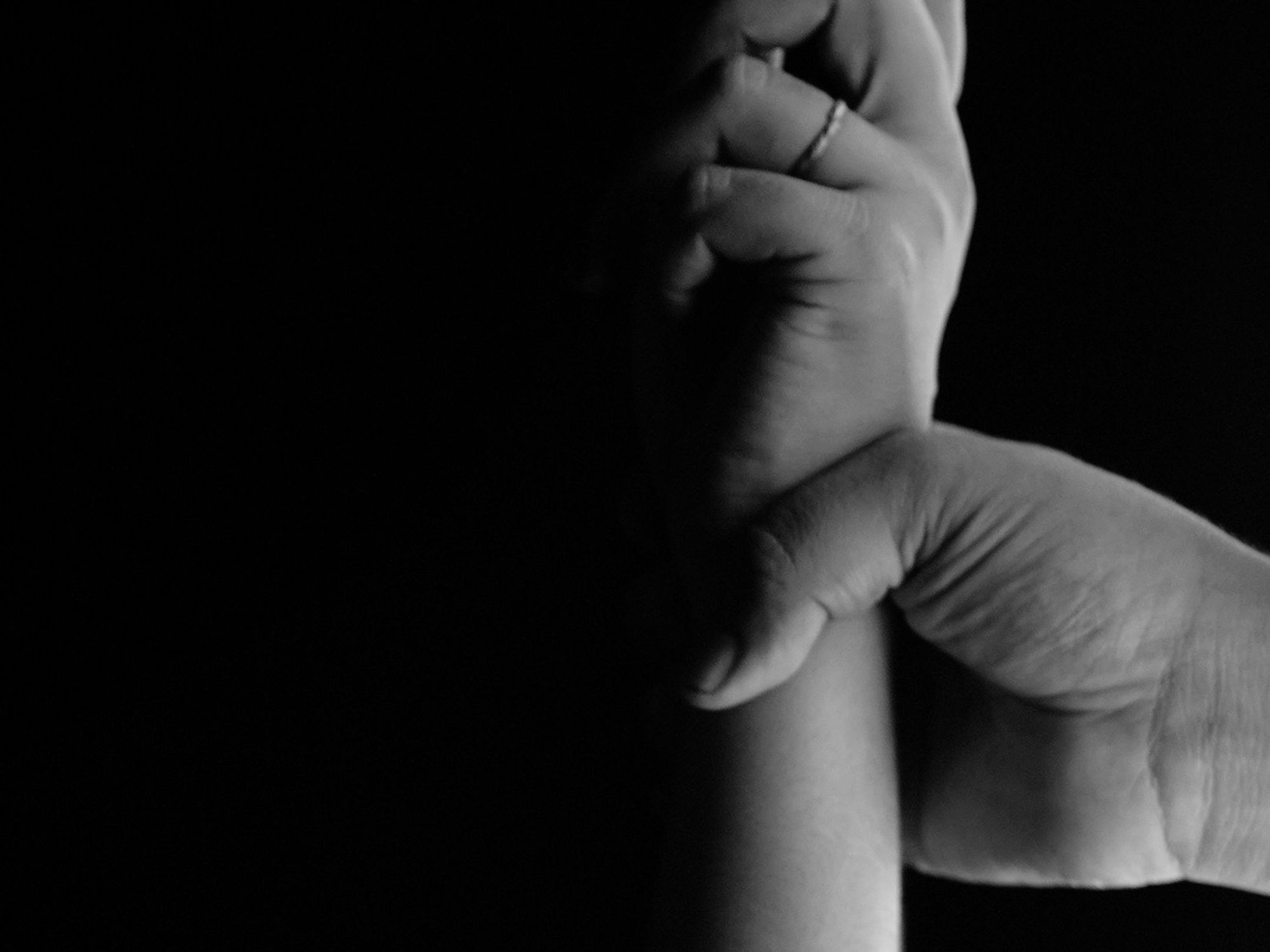10 Signs That Man You’re Considering Dating is Machista (& How to Talk About It)

What is Machismo?

Photo by Paul Lowry on Flickr
“Machismo” is a term that comes from the Spanish word “macho,” meaning “male.” In the Latino community, machismo refers to the attitudes and values that perpetuate traditional gender roles, emphasizing dominance over women. While progress has been made in challenging machismo, some people still hold onto “machista” attitudes, whether they’re aware of it or not.
If you’re in a relationship, identifying signs of machismo and addressing them is essential to make sure you have equitable dynamics. Here are 10 signs of machismo to watch out for and strategies for talking about them with your partner:
He dominates conversations

Machista men tend to dominate conversations with women, often talking over them, interrupting them in the middle of sentences, or dismissing their opinions entirely. You can address this by pointing out this behavior to your partner and expressing a need for more active listening. It’s also important to correct the behavior in the moment. If you’re interrupted, talked over, or dismissed, it’s okay to stop the conversation to address that and let him know it’s not okay. Conversations are two-way streets!
He reinforces traditional gender roles

Machismo is all about reinforcing what they consider to be traditional gender roles, so it’s important to understand what your partner’s views are. If they believe women should always take care of the house and that should be their priority, that’s a red flag. You can address this by having a conversation about gender roles and your views on them, emphasizing shared responsibilities and mutual respect. If you find that your values don’t align and he’s inflexible, it’s a good idea to reconsider the future of the relationship.
He is controlling

Controlling behavior is a tell-tale sign of a machista man, and it’s very important to identify it as early as possible. If your partner wants to have a say in what you wear, limit your interactions with other men or women they find threatening, and monitor everything you do, you have to point it out. Remind them you’re your own person and you need independence within the relationship. If they take offense to that or try to manipulate you into accepting it, consider that the relationship is not right for you.
He dismisses women’s issues

Women’s issues are more prevalent than ever and being able to discuss them with your partner is very important. Moreover, having your partner in your corner is essential to a healthy relationship. You can disagree on many things, such as whether pineapple goes on pizza or not, but if you disagree on core issues like gender equality and women’s rights, that doesn’t usually make for a healthy, supportive relationship.
He’s emotionally blocked

One of the core traits of machismo is emotional restraint. Traditional masculinity discourages men from being vulnerable or expressing emotions that are considered soft, like sadness. As a result, machista men don’t show much emotion or bottle everything up until they explode. You can address this by letting your partner know that he can share his feelings without judgment. When he does, it’s important to listen and validate his emotions. However, if he’s not willing to do the work, you have to ask yourself if you can continue in a relationship with someone who’s emotionally stunted.
He’s full of double standards

Machista attitudes often lead to holding double standards. If your partner often thinks it’s okay for him to do certain things, but it’s not okay if you do the same, you need to have a conversation about it ASAP. Point out double standards when they arise and explain how they make the relationship unequal and unfair. However, if he maintains this hypocritical attitude, it’s likely you’ll never see eye to eye.
He objectifies women
 Photo by Maru Lombardo on Unsplash
Photo by Maru Lombardo on UnsplashMachista men tend to reduce women to the way they look or how much sexual appeal they have. Men who objectify women simply don’t respect them, so if you see this kind of attitude in your partner, it could be helpful to talk about it. It’s important to put your foot down on this and if the behavior continues, we encourage you to think hard about whether this is the kind of man you want to build a life with.
He is resistant to change

When machista beliefs are challenged, men are often resistant to change. They think that letting go of the machismo threatens their masculinity and they fail to see the benefits because it’s so ingrained in them. You can help your partner try to move past this by discussing the benefits not just for himself, but also for the relationship you share. Being supportive is essential, but don’t allow yourself to be strung along if you don’t see any real effort being made on his end.
He has a disregard for consent
 Photo by SHAKEEL AHAMMED on Unsplash
Photo by SHAKEEL AHAMMED on UnsplashMachista men tend to feel entitled about a lot of things when it comes to women, including physical intimacy. At the start of any relationship, it’s essential for everyone involved to establish clear boundaries and expectations about sex. However, if he disregards those boundaries once, that’s one time too many. You shouldn’t have to teach anyone to respect your limits. They either do or they don’t, and if they don’t, you’re better off without them.
He doesn’t like sharing responsibilities

Last but not least, men who live by machismo have a hard time sharing responsibilities. Especially as they relate to things they don’t consider masculine, like taking care of the house. Ideally, you should know where your partner stands on this before you even consider living together. But if you already live together and the burden falls primarily on you, it’s important to have a conversation and share responsibilities equally. Otherwise, everyday friction will build up and the relationship won’t stay healthy.
Recognizing signs of machismo in your partner is essential for fostering a relationship based on equality, mutual respect, and understanding. Strive to work together on this, but he’s not up for it, consider if that’s the kind of partner you deserve.
- Are You Normalizing Machismo in Your Everyday Life? ›
- Spotting Machismo: A Quick Self-Reflection Guide ›
- Machismo and Marianismo: What's the Difference? ›
- Mi Mamá Es Machista, Now What? ›
- Are We Dating the Same Guy?: Facebook Groups Legal Wins - Luz Media ›
- Are We Dating the Same Guy?: Facebook Groups Legal Wins ›


 Photo shared by
Photo shared by 


